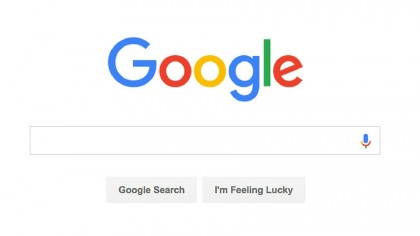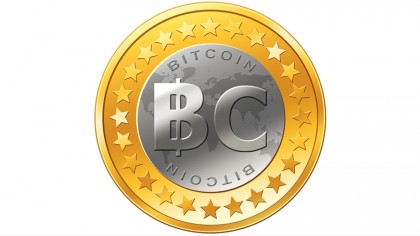Is 'utopian' blockchain tech doomed to fail?
Could the blockchain end up being used for competitive advantage?
Who is actually using blockchain?
Aside from Bitcoin, where blockchain technology is used to write coin transfer into the database, the largest blockchain is Google's Certificate Transparency initiative, which shares data on SSL/TLS certificates between Certificate Authorities (CAs). It arrived in the wake of DigiNotar hackers issuing fake SSL certificates for Google and Facebook back in 2011.

"(Using blockchain) allows detection of fake certificates by anybody, automatically, in a matter of minutes," says Hrycyszyn. "It limits the damage that can be done, and makes the internet fundamentally more secure … it's doing a valuable job that'd be difficult to do in any other way."
Can the tech be abused?
Absolutely. Just as the current internet supports fun video sharing and cybercrime, blockchains can be used for radically different purposes. Some fear a digital currency built on blockchain could create a society where governments would find it surprisingly easy to spy on – and even control – people's spending habits.
But there's a flipside. "By mandating the use of blockchain databases in high-value financial transactions, it would be possible for governments to crack open the murky world of offshore finance, allowing better auditing and more transparency," says Hrycyszyn. "Especially in the wake of the Panama Papers, this is something that many people might happily support."

'Skeleton key' dilemma
However, whether blockchain is used as an open source decentralising technology or in walled gardens isn't the issue for the financial industry.
"Blockchain will create some fascinating dilemmas for the sector – its strength is that it is a perfect, un-hackable and unchangeable record – but how then will courts and regulators enforce their decisions when this by definition means changing the record?" asks Mark Nuttall, Partner, Capital Markets Practice, Linklaters. "And if there is a 'skeleton key' to the system held by a regulator or institution, then the heart of blockchain, with its promise of no single point of failure, has been lost.
Could it ever create a 100% secure internet?
There's that hype again. "100% security is a nirvana state that is unlikely to ever be achieved while humans are in the process somewhere," says Stevens, who nevertheless thinks that certain parts of the technology stack will get close to that 100% target. "But even if we look out far enough with the evolution of blockchain, bots and artificial intelligence, the possibility of cutting humans out of the loop completely, and fully automating a process, will still leave 'something' being controlled or accessed by humans."
Are you a pro? Subscribe to our newsletter
Sign up to the TechRadar Pro newsletter to get all the top news, opinion, features and guidance your business needs to succeed!

Wider understanding
Blockchain is a potentially powerful technology in its infancy, but it's a relative unknown for most people in IT. "It's going to change the world in ways which we don't yet fully understand, but it won't achieve its full impact until most programmers can understand and use it in their everyday work," says Hrycyszyn.
Utopian phase
It's time to stop thinking about blockchain as a cure-all, and start actually using it. "Just as I wouldn't trade the internet for anything, I wouldn't give up on blockchains just yet," says Stevens, who admits that the technology is now moving out of its utopian phase.
"There is a lot of potential to make good things using this technology," says Hrycyszyn. "I'm interested in making it available to more people … and seeing what human creativity can unleash."
Jamie is a freelance tech, travel and space journalist based in the UK. He’s been writing regularly for Techradar since it was launched in 2008 and also writes regularly for Forbes, The Telegraph, the South China Morning Post, Sky & Telescope and the Sky At Night magazine as well as other Future titles T3, Digital Camera World, All About Space and Space.com. He also edits two of his own websites, TravGear.com and WhenIsTheNextEclipse.com that reflect his obsession with travel gear and solar eclipse travel. He is the author of A Stargazing Program For Beginners (Springer, 2015),
